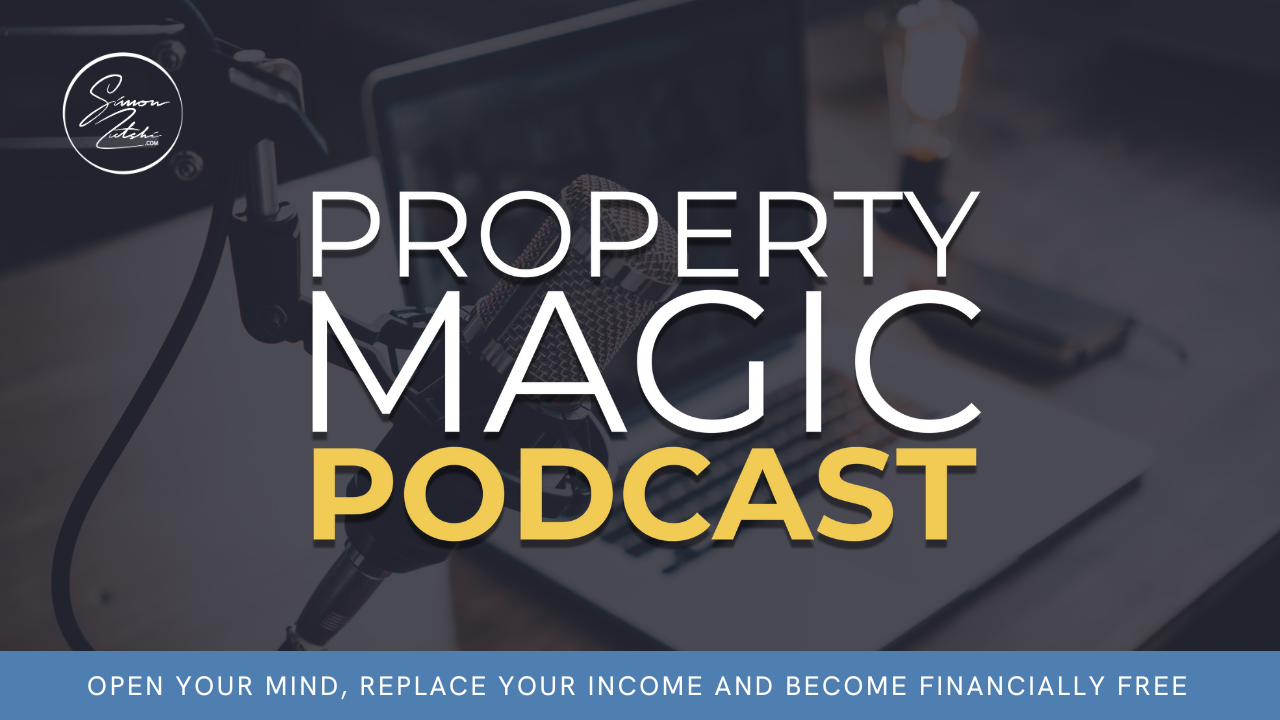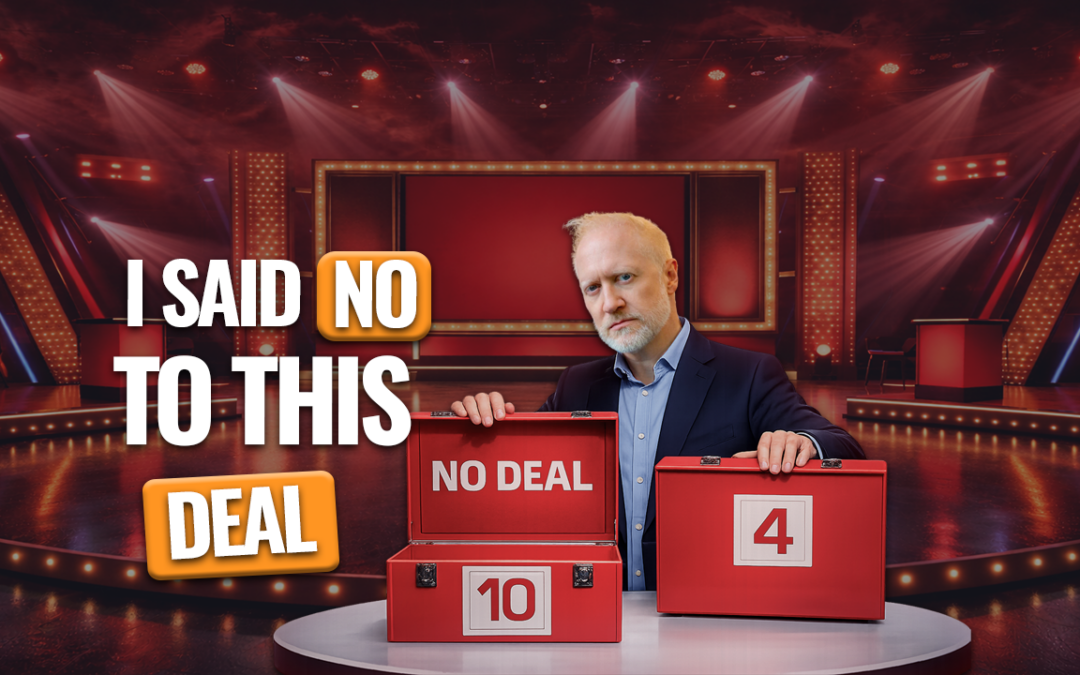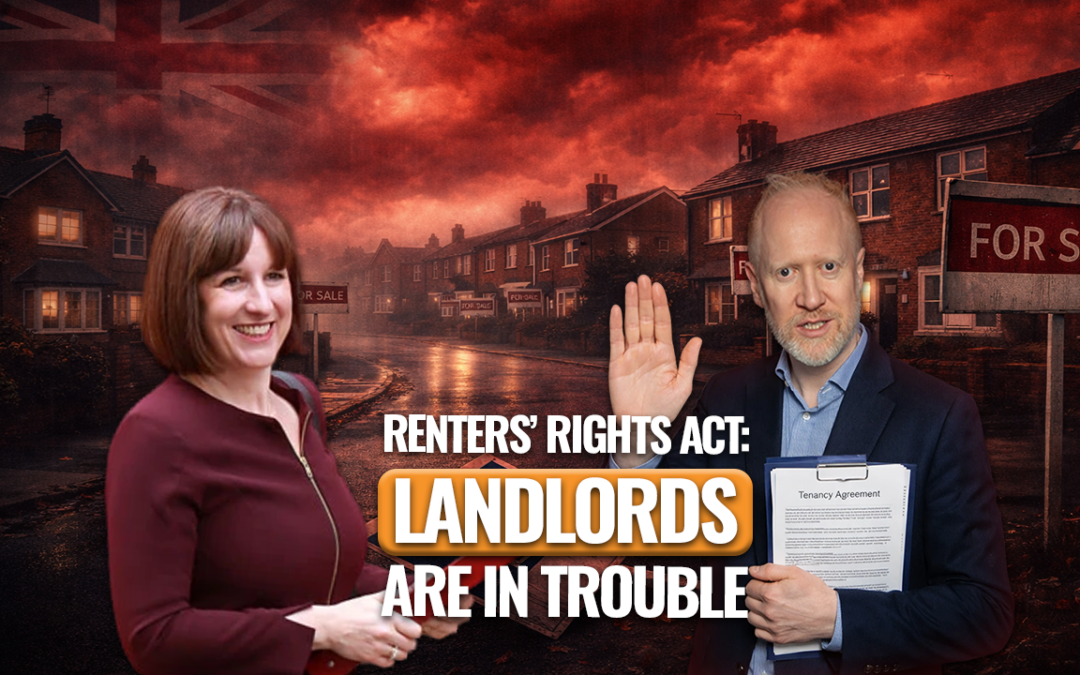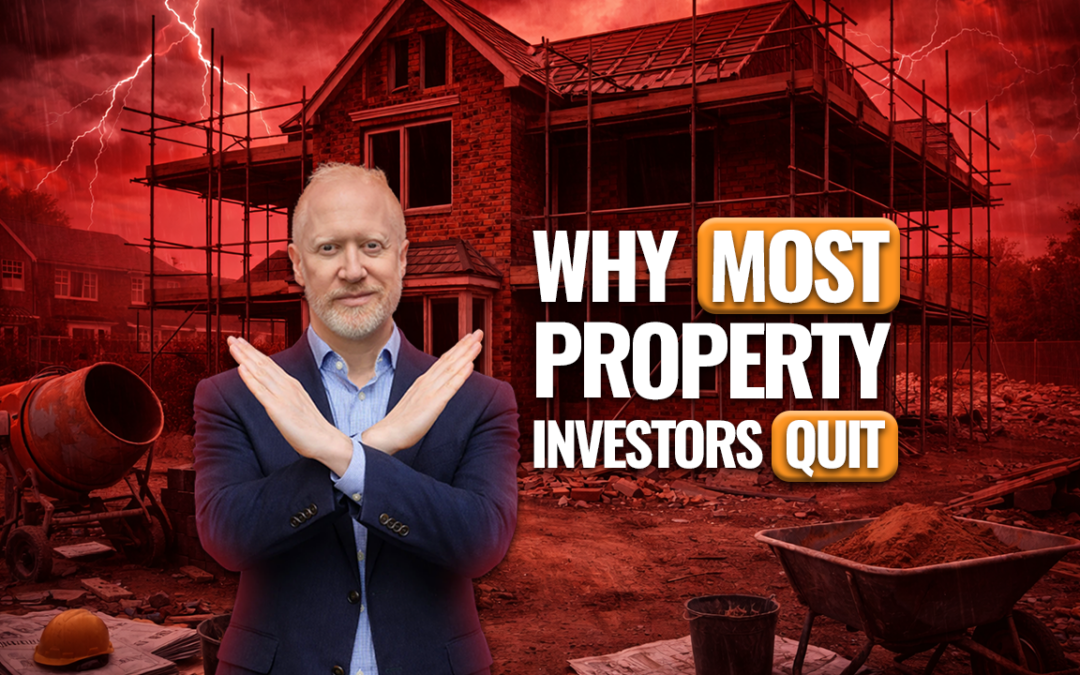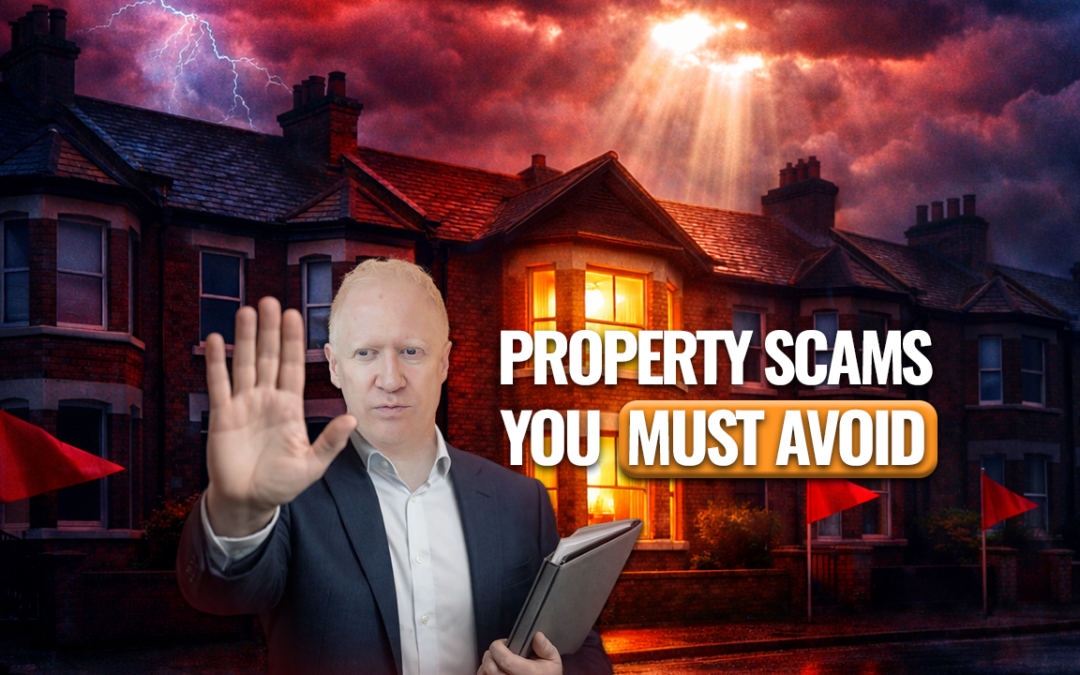If you’re looking to buy an investment property, you may come across listings described as “sold with a tenant in situ” or “vacant possession upon completion.” On the surface, buying a tenanted property might seem like a no-brainer. After all, there’s already a tenant paying rent, so the income starts straight away, right?
But before you rush into a deal, let me share a few things every investor needs to consider. Because what seems like a shortcut to cash flow could end up limiting your strategy, reducing your returns, or even leaving you stuck with someone else’s problem.
Let’s break it down.
What Does “Tenant in Situ” Mean?
The term tenant in situ means that there’s an existing tenant already living in the property and when you complete the purchase, you inherit that tenancy agreement.
From a distance, that might seem convenient. You don’t need to find a tenant, and you start collecting rent immediately. But that’s not the whole story.
Here’s the key point most investors miss:
If a landlord is selling a property with a tenant in situ, it’s often because they’re struggling to manage that tenant.
They may be:
-
In arrears
-
Paying below-market rent
-
On a long-term contract that’s hard to terminate
-
Difficult to deal with or communicate with
-
Protected by long-standing tenancy rights
In other words, there’s a real risk you’re inheriting a liability, not an asset.
Risks of Buying a Tenanted Property
Here are the most common challenges I’ve seen investors face when buying a tenanted property:
-
No control over the rent – You can’t simply increase it if it’s below market value
-
Limited flexibility – You may be unable to refurbish, refinance, or change the tenant
-
Legal exposure – You take on the responsibility for deposits, certification, and compliance, even if the previous landlord failed to do things properly
You’re stepping into a legally binding agreement, with all the responsibilities of the landlord but without knowing how well the previous landlord did their job.
The Advantages of Buying with Vacant Possession
Now, compare that to buying a property with vacant possession, meaning no one’s living there at the time of completion.
When you buy vacant, you get full flexibility. You can:
-
Refurbish or modernise the property
-
Let it out at the current market rent
-
Choose your ideal tenant, based on your strategy
-
Use the right tenancy agreement, set up professionally from day one
Yes, there may be a short delay before the rental income starts, but you get to set everything up correctly, which makes all the difference long term.
If you’re planning to refinance, convert into an HMO, or implement a high-cash-flow strategy, you need that flexibility.
When Buying with a Tenant in Situ Can Work
There are rare cases where buying with a tenant in place is a good idea but only if:
-
The tenant is paying full market rent
-
They’re on a rolling (periodic) tenancy, not locked into a long fixed-term agreement
-
There are no arrears or disputes
-
The property is in good condition and doesn’t require work
-
You’ve personally vetted or met the tenant
If all of the above line up and the numbers still stack, then great, you may have a solid income-generating investment.
But if even one of those is missing, you need to proceed with caution or negotiate for vacant possession.
Questions to Ask Before Buying a Tenanted Property
If you’re considering buying a property with a sitting tenant, here are the questions you must ask:
-
Can I see the current tenancy agreement?
-
Are there any arrears and how much?
-
What is the current rent, and is it below market value?
-
Has the tenant been served any notices and were they done correctly?
-
Is there a deposit, and is it protected?
-
Are gas, EPC and EICR certificates in place?
-
Has the property had any recent complaints or repairs?
If you don’t get full and clear answers to all of these, that’s a warning sign.
Buying Residential Property for Investment? Avoid This Common Trap
One more crucial tip: If you’re a first-time buyer hoping to live in the property later, you cannot get a residential mortgage on a tenanted property. Lenders will assume you’re purchasing it as a buy-to-let, even if that’s not your intention.
So don’t fall into that trap.
Final Thoughts: Vacant vs Tenanted. Which Should You Choose?
When in doubt, vacant possession gives you more options.
It lets you control the rent, choose the tenant, carry out works, and align the deal with your overall strategy.
Yes, there may be a delay in cash flow. But you gain control and in property investing, control is how you protect your downside and unlock the upside.
So unless you’re absolutely certain the tenant in situ is a dream tenant paying full rent on flexible terms, always consider negotiating for vacant possession. It could save you thousands and months of stress.
Want Help Reviewing a Tenanted Deal?
Join one of our local property networking events to connect with experienced investors, letting agents, and property solicitors.
Whether you’re a beginner or scaling your portfolio, these meetings are a brilliant way to ask questions, get insights, and avoid costly mistakes.
👉 Click here to view our full list of locations
If you’ve never attended a pin meeting before, use voucher code 𝗕𝗟𝗢𝗚 when booking your first meeting and your ticket is completely free.

